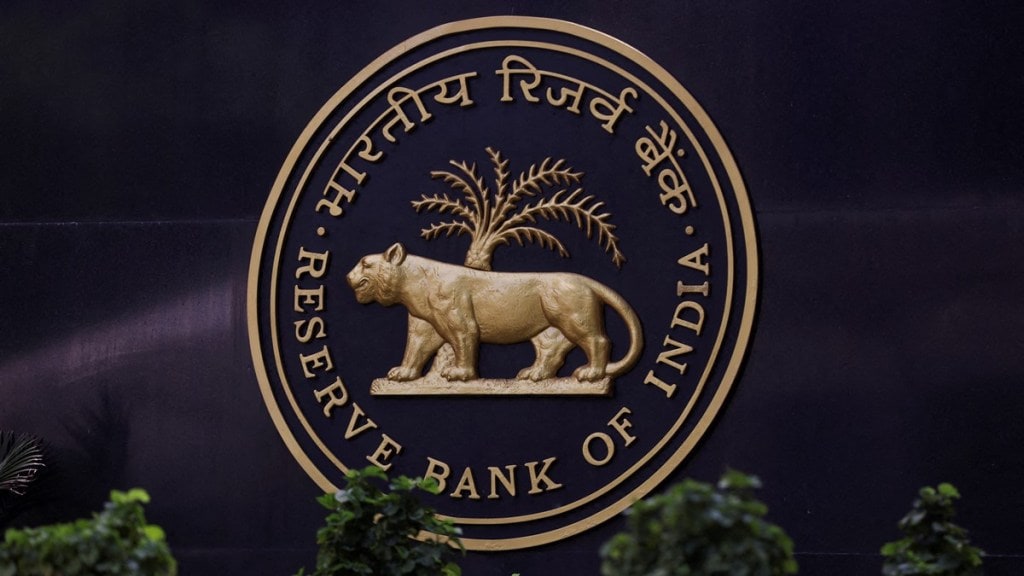Getting a universal bank license in India is “nearly impossible” and the Centre and Reserve Bank of India (RBI) must allow multiple categories of bank licenses in the country, similar to the US banking system, believes Rohit Arora, CEO and Co-founder of Biz2Credit — one of the top three digital small and medium enterprises (SME) lender in US with portfolio size of about $2 billion. He tells Priyansh Verma and Piyush Shukla that the company plans to focus on insurance and credit in India. Excerpts:
Q. Will you enter the lending business in India?
A. We have been talking to Indian government on creating a separate licensing regime for companies like us to conduct business, where we have more access to capital markets–when we talk about capital market, it means raising funds from institutional investors, not retail players–and then get the ability to do securitization and work with insurance companies and pension funds, like we do in the US market.
In the USA, we are among the top three non-bank SME digital lenders, and have built a whole ecosystem where we have sourced capital from different risk capital stacks. In India, we provide tech platforms to banks and NBFCs (non-banking financial companies).
Q. Considering the higher scrutiny on digital fintechs, do you think the proposal will be accepted?
A. Our proposal to the government is – while you are focusing on reforming the banking sector, why don’t you take a more holistic view and do things like the US, where there is a concept of industrial banks and several other different categories of banks.
Today getting a banking licence is almost impossible in India and that is why illegal Chinese apps are surfacing which conduct business illegally. Our suggestion is to create different categories of licences and give it to candidates meeting criteria—whether it be capital criteria, background checks, experience, among others. For the size of our country, we have very few banks…we are having similar conversations in UAE and Saudi Arabia and they are very receptive.
Q. But in 2023 alone, US banks like SVB, Signature Bank and First Republic Bank have failed…
A. Failures can happen but the problem in preventing failure is becoming over restrictive. We need to create a system where no event creates a systemic risk. YES Bank failed in India and they had to rescue it. That is what we are proposing, do not include retail customers or retail products (in digital banks). Then even if the bank fails, the ramification will not be very high for the entire banking system.
Q. What would be the line of businesses you would operate in if the proposal is approved?
A. It will be credit and insurance. In the US, we have a partnership for insurance products and we will have the same model in India. Further, we will focus on trade finance which will help businesses to grow, and give other digital tools to boost connectivity. We have partnered with payment firms and we also do embedded finance. I think that kind of ecosystem play has to happen.

